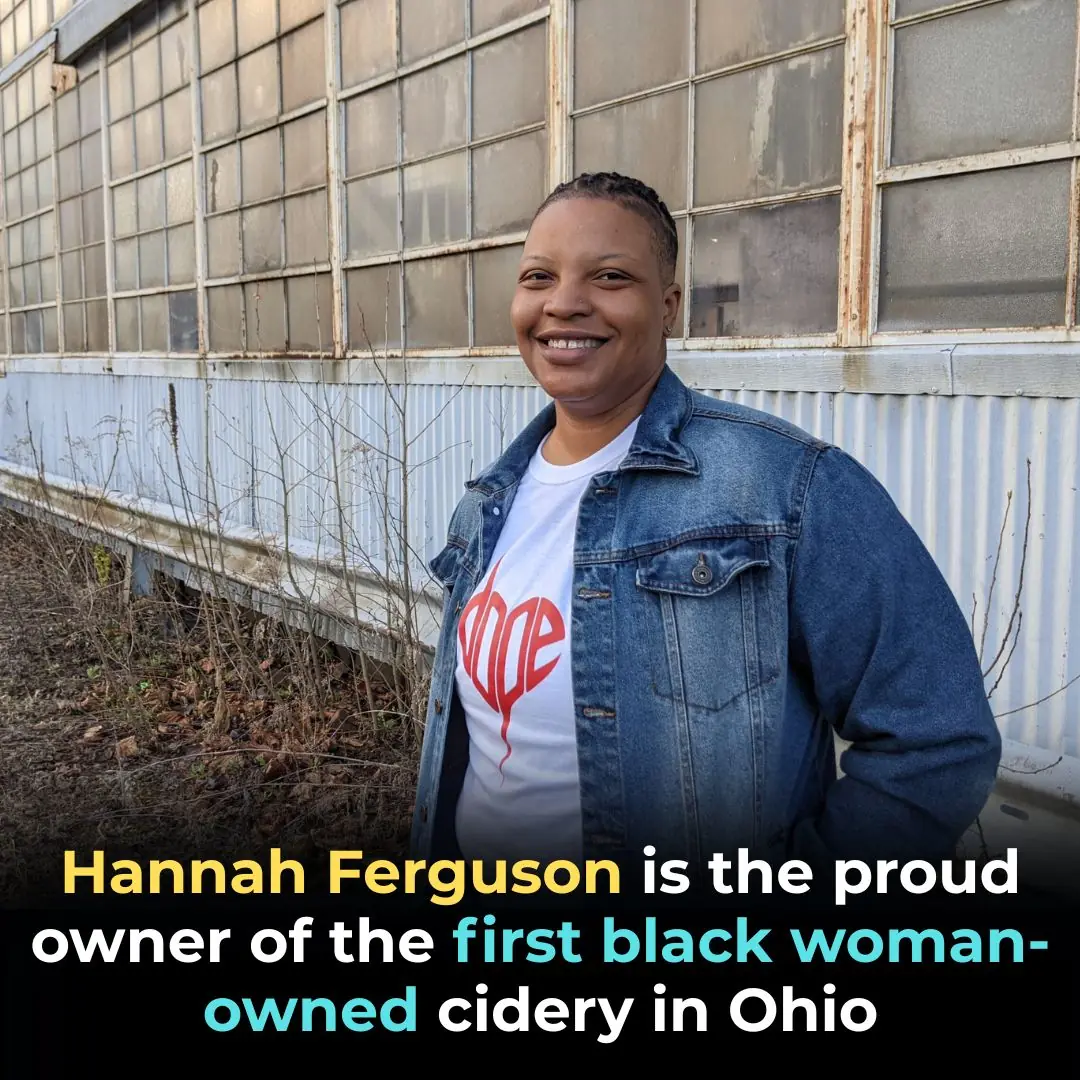
5 Important Things You Should Know About Huey P. Newton
He Would’ve Been 81 Years Young Today: Remembering Huey P. Newton, Revolutionary Leader and Co-Founder of the Black Panther Party
Huey Percy Newton’s story is one of brilliance, contradiction, courage, and enduring influence. Born on February 17, 1942, in Monroe, Louisiana, he rose from deep poverty and systemic discrimination to become one of the most pivotal and controversial figures of the 20th century’s Black liberation movement.
The youngest of seven children, Newton moved with his family to Oakland, California, during the Great Migration. There, amid police violence, segregation, and economic hardship, he helped launch a global call for justice that changed the course of American activism (The New York Times). Though his life was marked by triumph and tragedy, his ideas — about self-defense, dignity, and social equity — continue to shape the struggle for racial justice today.
1. He Overcame Illiteracy to Earn a Doctorate Degree
As a child, Newton struggled in school and graduated high school in 1959 functionally illiterate (Biography.com). But his brother Melvin Newton, a college student and activist, inspired him to turn his life around. Determined to educate himself, Huey taught himself to read by studying Plato’s Republic and writings by Malcolm X.

In the mid-1960s, Newton enrolled at Merritt College, where his exposure to revolutionary thinkers like Frantz Fanon and Karl Marx shaped his political philosophy (Smithsonian Magazine). He later attended San Francisco Law School, publishing his powerful memoir Revolutionary Suicide in 1973, and eventually earned a Ph.D. in Social Philosophy from the University of California, Santa Cruz, in 1980 (NPR). His dissertation examined the tension between social institutions and personal identity — an apt reflection of his own life’s contradictions.
2. He Co-Founded the Black Panther Party for Self-Defense
In 1966, Newton and fellow student Bobby Seale founded the Black Panther Party for Self-Defense (BPP) in Oakland. Distinct from other civil rights groups of the era, the Panthers emphasized armed self-defense and community empowerment. Their Ten-Point Program demanded justice, education, employment, housing, and an end to police brutality (History.com).
The party’s visibility was striking: members patrolled Black neighborhoods armed with law books and rifles, asserting their constitutional right to monitor police activity. “We knew the law better than the police did,” Newton once said (The Guardian).
Within just two years, the Panthers grew into a nationwide movement with chapters in more than 40 cities, influencing liberation groups across Africa, Europe, and the Caribbean.
3. His Arrest Sparked the “Free Huey” Movement
The Panthers’ confrontations with police quickly escalated. In 1967, Newton was arrested and charged with killing Oakland police officer John Frey after a traffic stop turned violent. He was later convicted of voluntary manslaughter, a charge many activists and legal experts considered deeply flawed.
The “Free Huey” campaign became a national rallying cry, galvanizing support from artists, students, and intellectuals — from James Baldwin to The Rolling Stones, who referenced him in their 1968 hit “Street Fighting Man.” After years of public pressure, his conviction was overturned in 1970 (The Washington Post).
The case helped expose the judicial and police injustices faced by Black Americans, strengthening the growing push for systemic reform.
4. He Advocated for Socialism and Community Programs
After his release, Newton and the BPP pivoted toward community service, launching what became known as “Survival Programs.” These included free breakfast programs for children, health clinics, legal aid services, and education initiatives that reached thousands across the U.S. (NPR).
Newton described himself as a “revolutionary humanist” and a democratic socialist, arguing that social transformation required both armed resistance and organized compassion. “The revolution has always been in the hands of the young,” he wrote. “The young always inherit the revolution.”
5. He Built Global Connections and Faced Internal and External Battles
Newton’s influence extended far beyond U.S. borders. He established ties with global revolutionary movements in Cuba, China, and Algeria, representing the BPP’s international wing (National Archives). During one turbulent period in the mid-1970s, he fled to Cuba to escape prosecution on criminal charges before returning to the U.S., where he was later acquitted.
However, internal divisions — deepened by government infiltration under the FBI’s COINTELPRO program — fractured the party. While Newton wanted to focus on domestic community programs, figures like Eldridge Cleaver pushed for a more global revolutionary strategy. The conflict ultimately led to violence within the party and its eventual collapse (Smithsonian Magazine).
6. His Death and Enduring Legacy
In 1989, Newton was tragically shot and killed in West Oakland at age 47. His death marked the end of an era, but his vision endured. The Dr. Huey P. Newton Foundation, founded by his widow Fredrika Newton, continues to preserve his legacy and the work of the Black Panther Party.
In 2021, Oakland honored its native son with a bronze bust near the very neighborhood where he once organized patrols (NPR). That same year, the site of his death was transformed into a mini-museum, chronicling his revolutionary life and the social programs that reshaped communities across America.
As Fredrika Newton said at the unveiling, “Huey taught us to see ourselves as powerful — not powerless. His message was simple: serve the people.”
Honoring a Revolutionary Spirit
Huey P. Newton’s life was filled with complexity — moments of courage and contradiction, public triumph and private struggle. Yet his enduring message remains clear: justice, dignity, and liberation for all people.
On what would have been his 81st birthday, the world continues to celebrate the man who inspired generations to question power, demand equity, and build systems of care from the ground up.
Because of Huey P. Newton, we can.
News in the same category

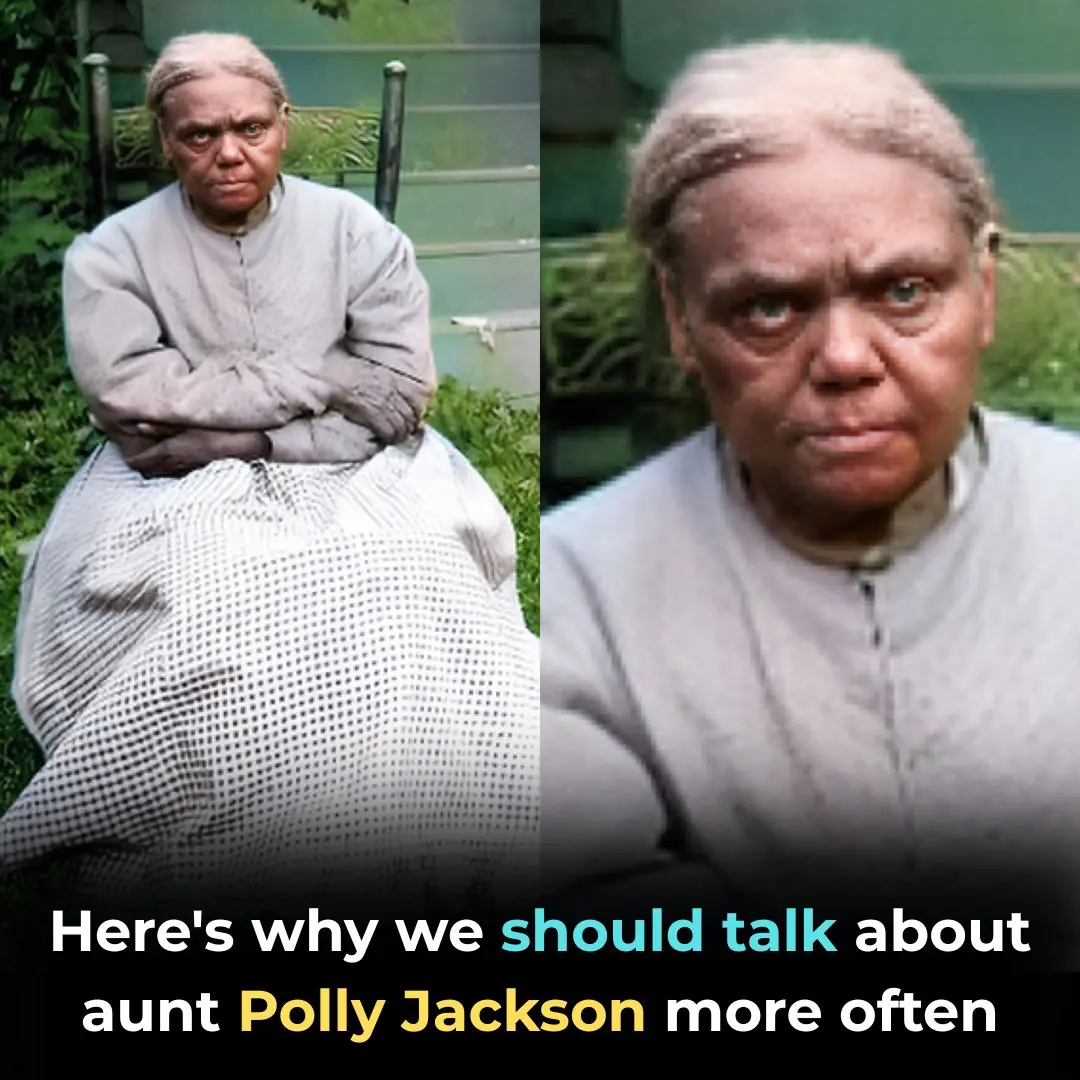
Here’s Why We Should Talk About Aunt Polly Jackson More Often
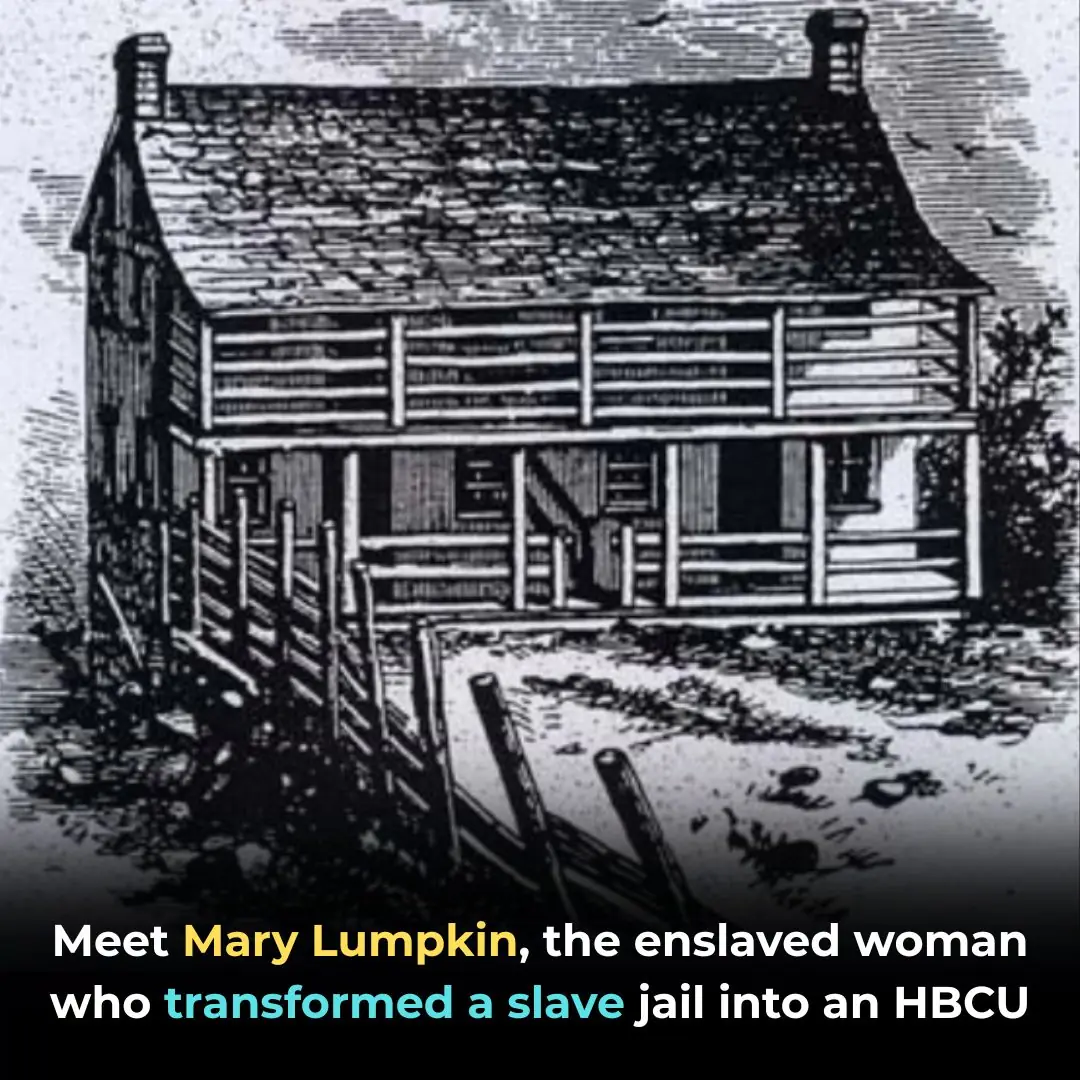
Meet Mary Lumpkin, The Enslaved Woman Who Transformed A Slave Jail Into An HBCU
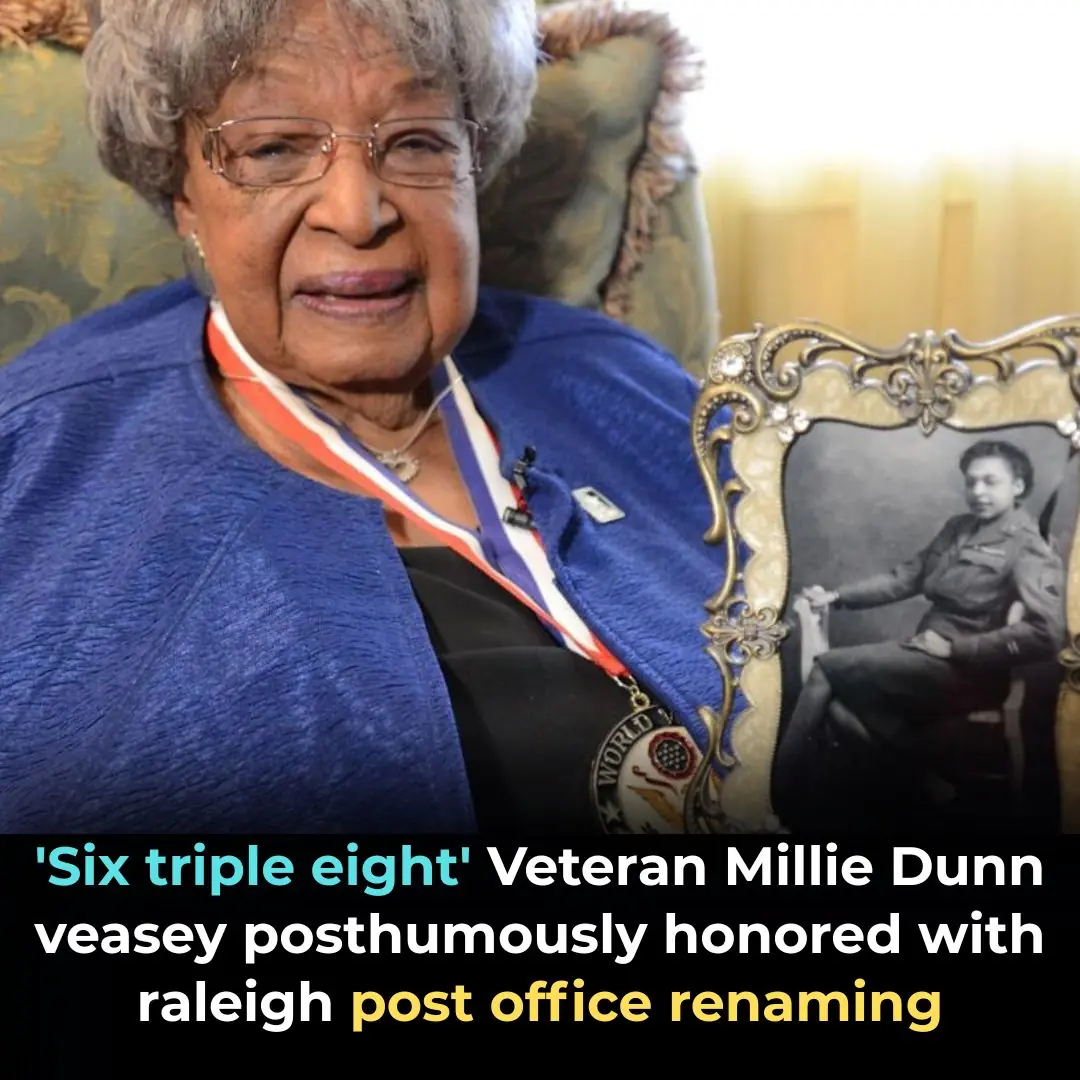
‘Six Triple Eight’ Veteran Millie Dunn Veasey Posthumously Honored With Raleigh Post Office Renaming
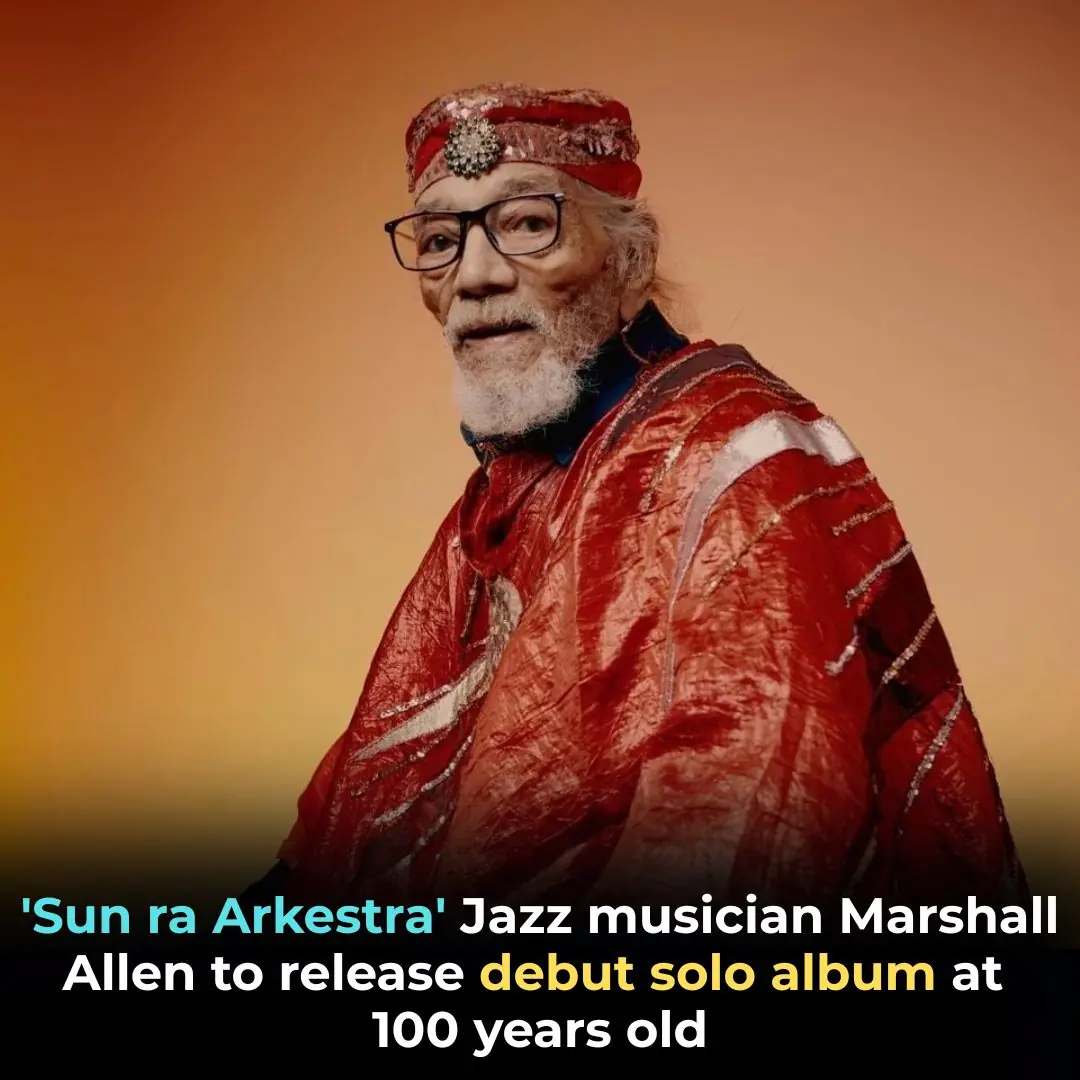
‘Sun Ra Arkestra’ Jazz Musician Marshall Allen to Release Debut Solo Album at 100 Years Old

10 Weird Winter Pest Control Tricks That Actually Work

Put Two Glasses on the Door Handle — A Small Action That Brings Big Safety Benefits
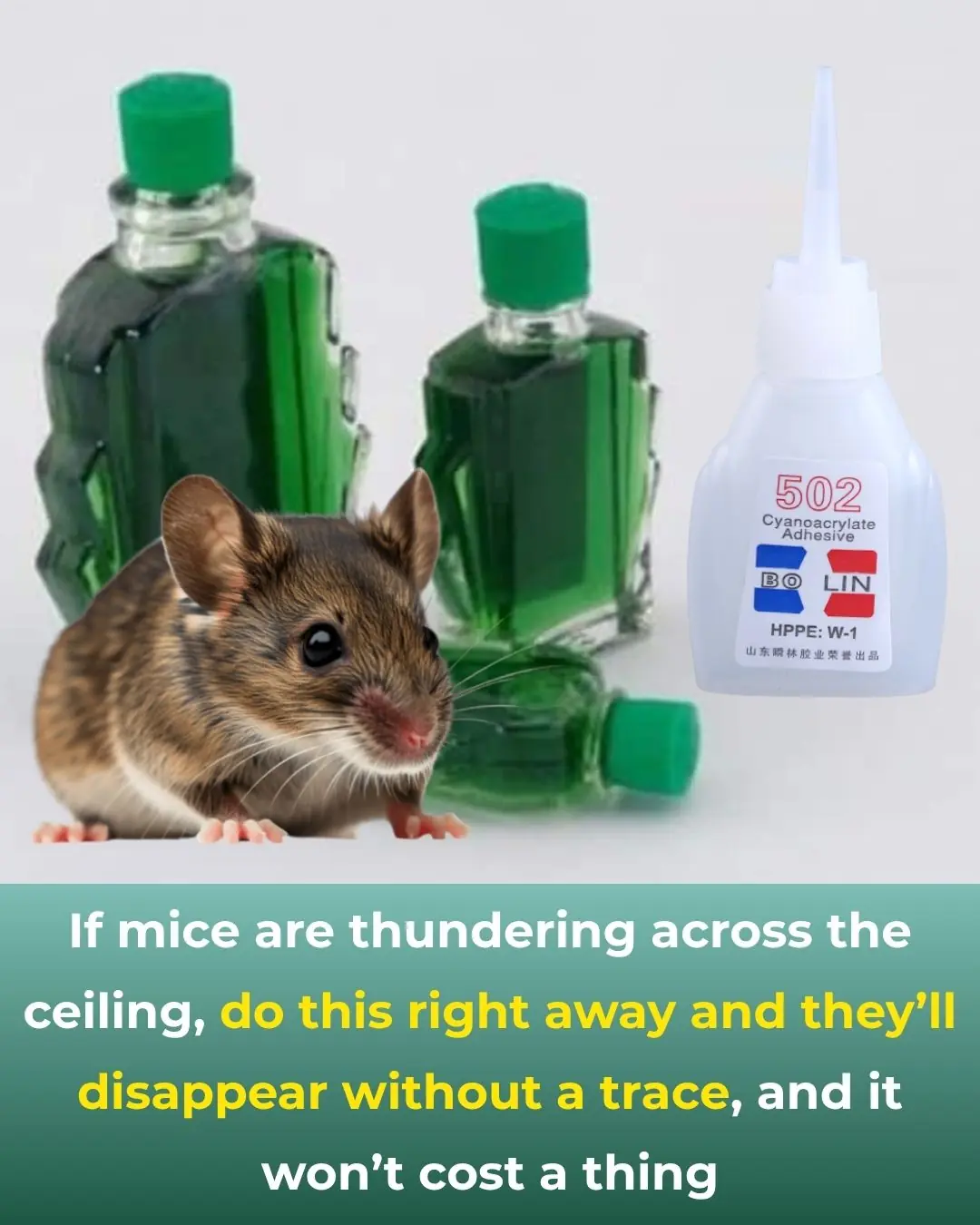
Rats Running on the Ceiling? Try These Simple Tricks to Get Rid of Them for Good

How Long Can You Keep Frozen Meat? Here’s the Answer

Drink Coffee at These Four “Golden” Times of Day for Maximum Benefit: Your Liver, Digestion and Whole-Body Health Get a Boost
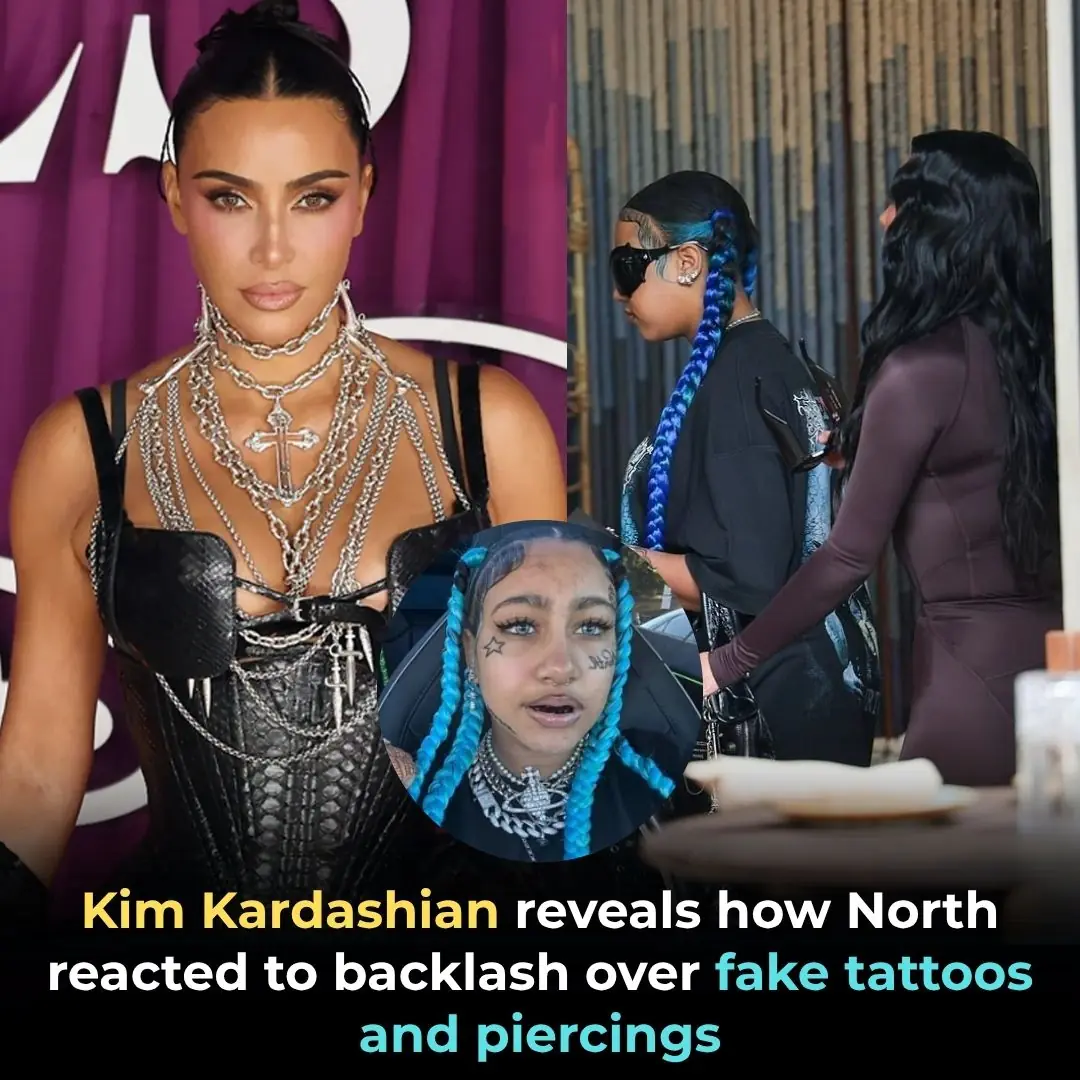
Kim Kardashian reveals how North reacted to backlash over fake tattoos and piercings

Danniella Westbrook declares she’s ‘taking it one day at a time’ after hospitalisation

15 stars we want to see on the Celebrity Traitors season 2 cast – Alison Hammond to Davina McCall

Inside Meghan Markle’s first acting gig since ‘Suits’ as she makes stunning return to Hollywood
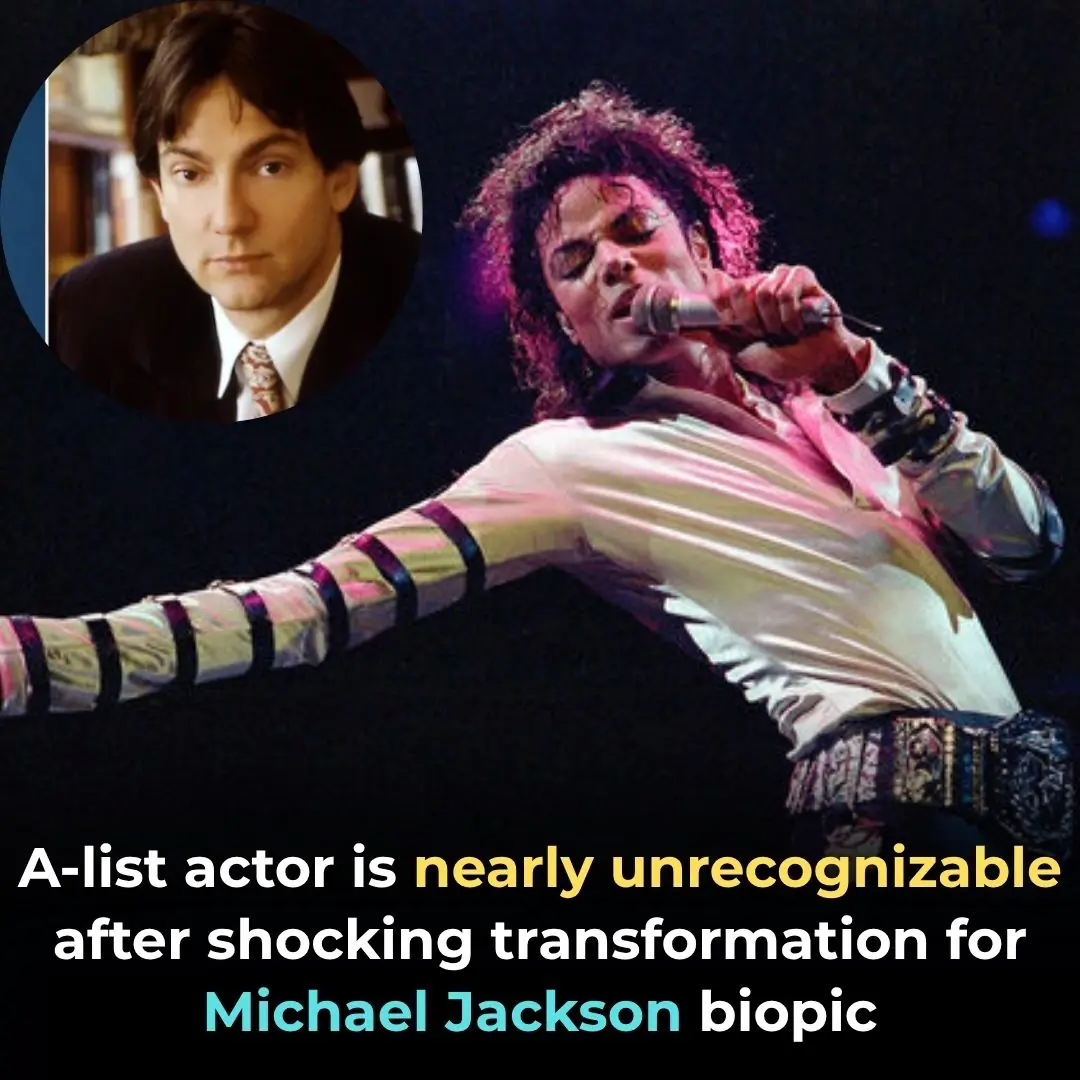
A-list actor is nearly unrecognizable after shocking transformation for Michael Jackson biopic

ITV Emmerdale fans gush over 'handsome' Bear actor 26 years before soap fame

ITV Big Brother housemates suffer brutal blow just hours before live double eviction

Selling Sunset's Nicole addresses brutal Chrishell jab in tense season 9 reunion

Because what Gideon didn’t realize was…
News Post

Hannah Ferguson Is The Proud Owner Of The First Black Woman-Owned Cidery In Ohio

Here’s Why We Should Talk About Aunt Polly Jackson More Often

Meet Mary Lumpkin, The Enslaved Woman Who Transformed A Slave Jail Into An HBCU

‘Six Triple Eight’ Veteran Millie Dunn Veasey Posthumously Honored With Raleigh Post Office Renaming

‘Sun Ra Arkestra’ Jazz Musician Marshall Allen to Release Debut Solo Album at 100 Years Old

3 Warning Signs That Appear Days Before a Stroke Everyone Should Know to Prevent It

9 Hidden Causes of Bloating (And the Science-Backed Fixes)
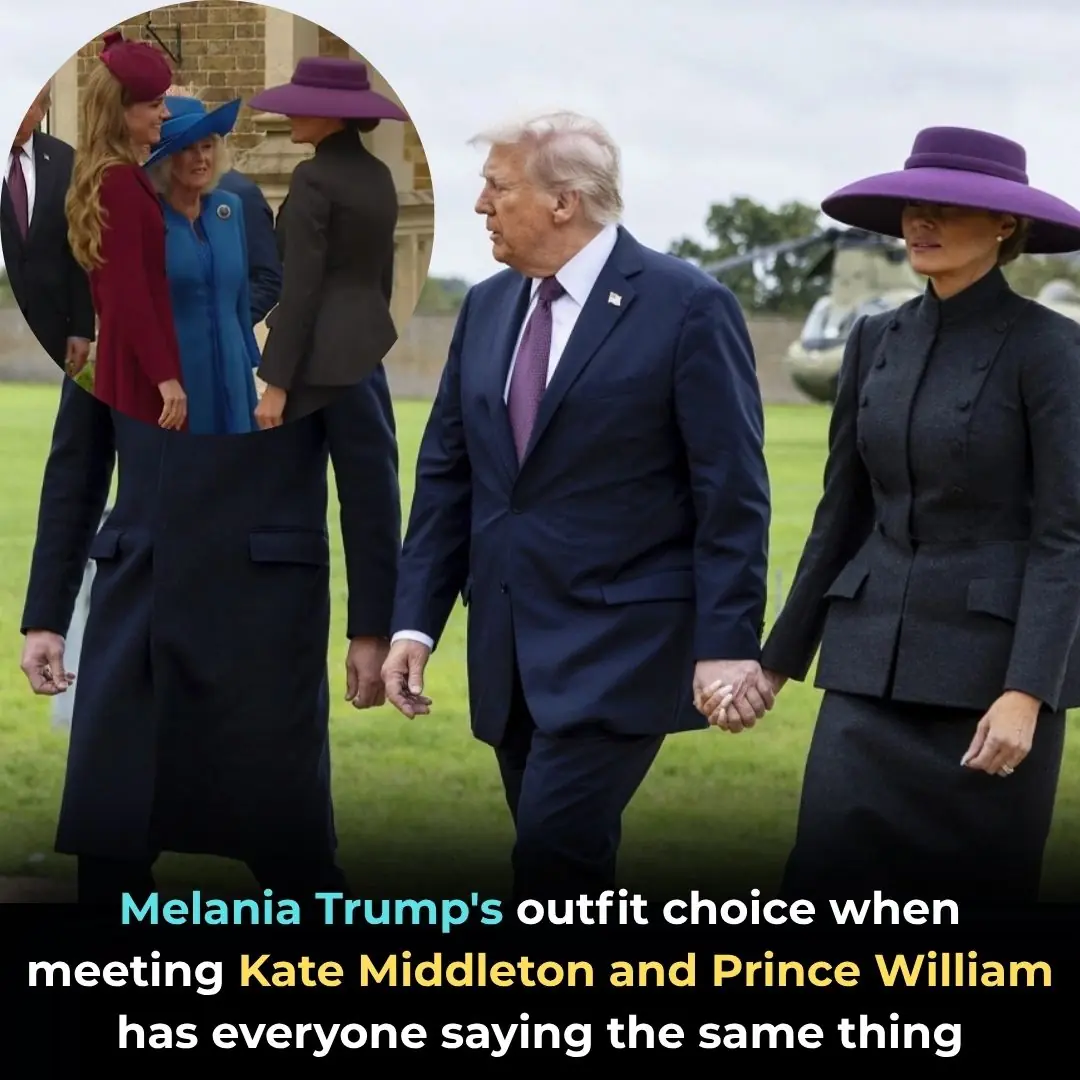
Melania Trump's outfit choice when meeting Kate Middleton and Prince William has everyone saying the same thing

5 Common Habits That Are Secretly Harming Your Heart You Probably Didn’t Know
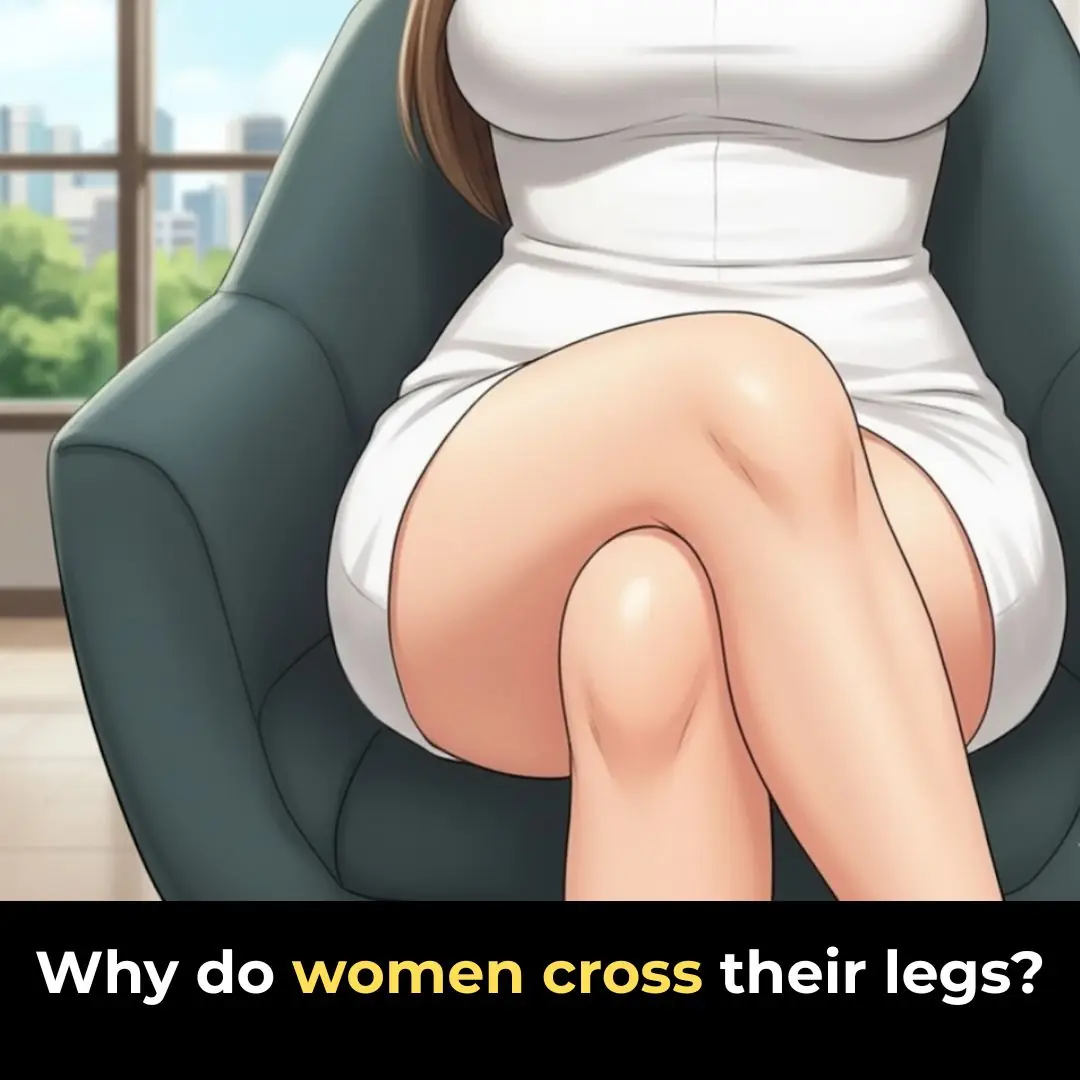
Why Do Women Cross Their Legs When Sitting

The medicinal uses of the cogon grass

Boil green bananas this way: Cheap but as precious as ginseng, the more you eat, the more nutritious it is.

There is a “secret button” on the washing machine, one touch can cut 62% of electricity bill

Water your bonsai with 1 spoon of sugar water, a miracle will happen, many people regret not knowing this sooner.

Eat cloves every day, but avoid this common mistake!
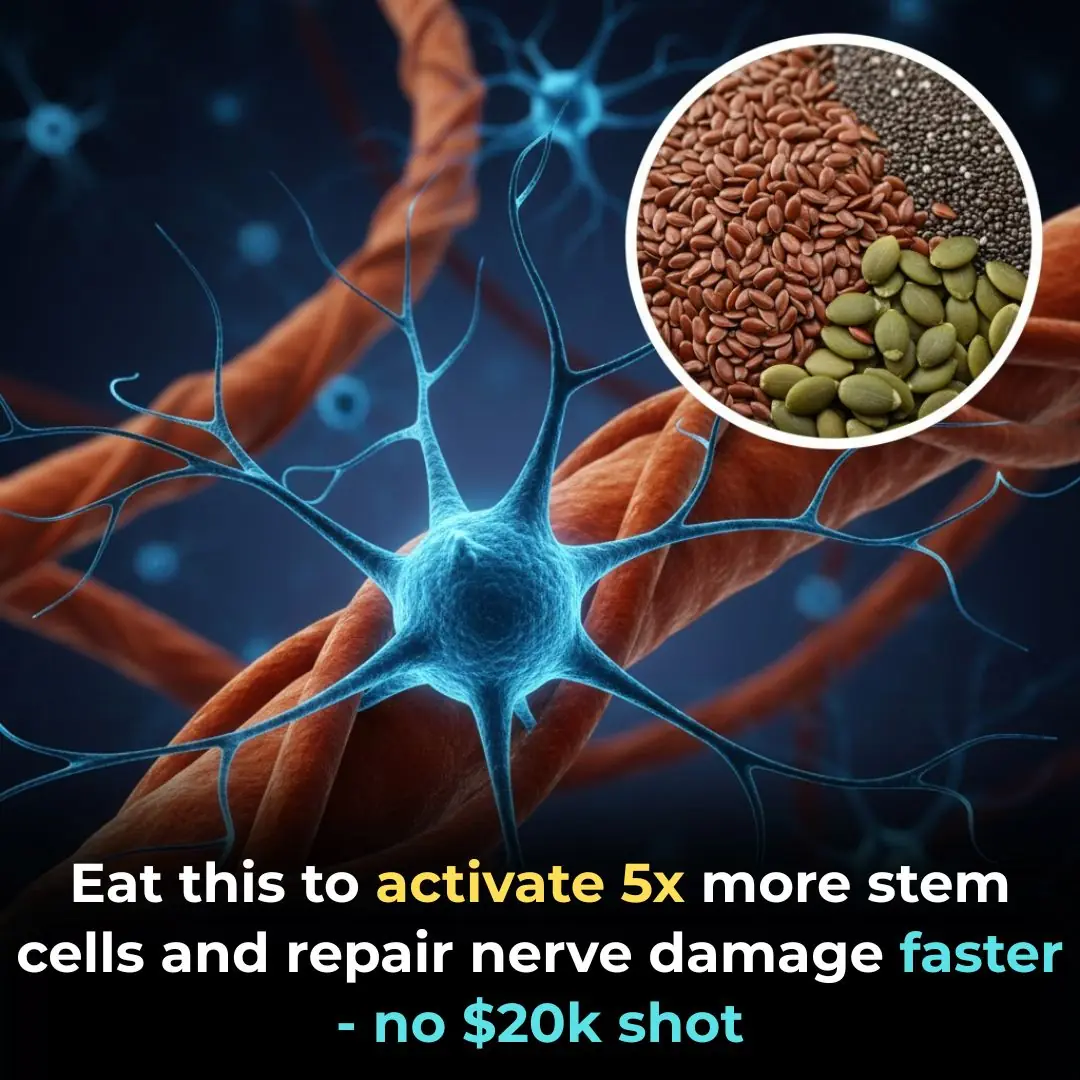
Eat this to activate 5x more stem cells and repair nerve damage faster — no $20k shot

A Quick & Effective Skincare Routine for Your Hands

You’re doing it all wrong. Here’s the right way to load a dishwasher
